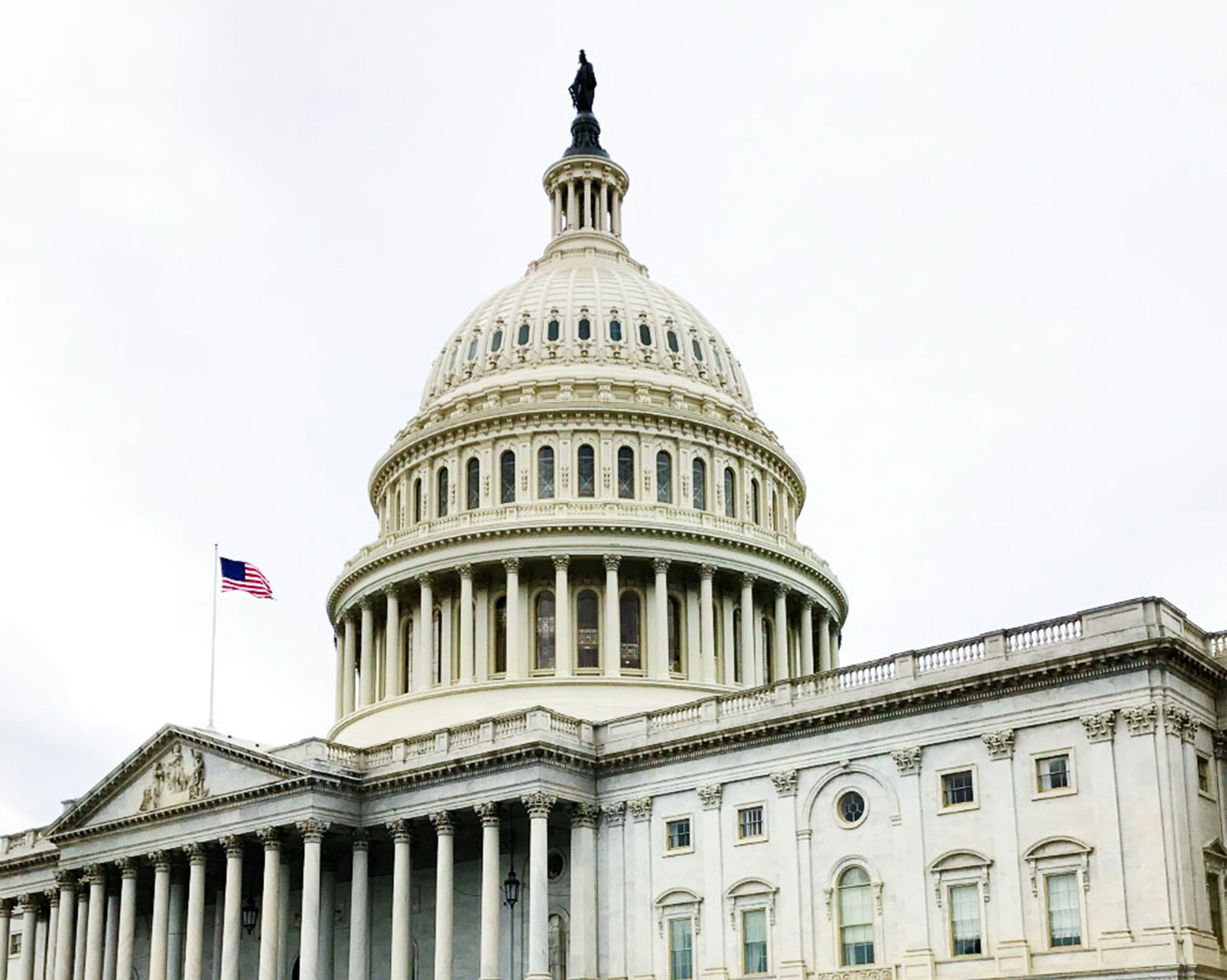
DOJ Down, But Not Out In Fight Against Worker Restrictions
- Breaking News
So far, the Biden Administration has come up empty in its
quest to eliminate restrictions on worker’s ability to change jobs. From the administration’s perspective,
non-compete and non-solicit agreements (and even some confidentiality
agreements) unfairly limit a worker’s ability to seek new jobs and negotiate
higher pay. From the perspective of many
employers, such restrictions are necessary to protect intellectual property and
their investment in training and employee development. In some jobs, an employee
can become the face of the company and develop close relationships with key
clients. Without some protection, the employee can take those relationships –
developed on the company’s dime – and auction them to the highest bidding
competitor.
In January, the Federal Trade Commission announced that it
intends to issue rules which would drastically limit the use of such
restrictive covenants nationwide, something that has been a state matter until
now. The contours of what that rule will
ultimately look like are still up in the air but will inevitably face fierce
legal challenges from the business community.
Many experts are skeptical that the Commission has the legal authority
to issue such a groundbreaking rule.
Meanwhile, the Department of Justice has been doggedly
pursuing criminal antitrust charges against employers who DOJ alleges have
entered no-poach agreements – making commitments not to hire each other’s
employees. Because these are criminal
prosecutions, they significantly up the stakes in the debate over such
restrictions. But so far, the DOJ has
struck out. Several juries have rejected
these charges outright. And most
recently, a federal judge threw out charges against aerospace companies who had
agreed not to hire each other’s engineers.
The judge held that employers did not necessarily commit an antitrust
violation where exceptions to the no-poach pact were common.
Despite these significant setbacks, DOJ has signaled that
it is not giving up on these criminal prosecutions, including one against a
major healthcare company nearing trial.
With this in mind, employers should continue to be cautious about
sharing compensation, recruiting and other hiring related information with
other companies, including through trade associations and professional
organizations (such as HR groups).
If you would like to discuss this further, you can contact Al Vreeland at (205).323.9266 or at avreeland@lehrmiddlebrooks.com.





